Our Expertise in MERN Stack Development and Associated Web Technologies
The acronym MERN stands for the MongoDB, Express.js, ReactJS, and Node.js, which are open source technologies and are based on JavaScript. Our MERN Stack developers are familiar with these frameworks and are flexible working with the new technology stack.
MongoDB is NoSQL database our developers make business applications more scalable, robust, secure and agile with.
Express.js is our MERN stack developers’ framework of choice to build a robust backend.
React lets us create interactive UI, design views for applications states to render right components.
Node lets us build fast, scalable network applications by bringing V8 JavaScript engine outside the realm of Google...
Redux let’s us write applications effectively when two-way binding come across React and things start to get complicated.
Webpack lets us bundle JavaScript files into similar types and, thus, reduces number of server requests.
TOPS is a Trusted Brand When it Comes to Web Development in MERN Stack
The latest version of MERN bring a bunch of new features, unleashing new possible what developers can achieve in minimal time and hassle yet stay on the top of latest of the web and mobile technologies.

In React, we build SPAs that load a single HTML page and dynamically update that page as the user interacts with the app

At TOPS, we excel in developing React applications according to clients' requirement with custom templates, modules and libraries.

React allows us to develop sophisticated web apps for businesses and startup that match the performance of native apps.

Enterprise wide deployment of web application wasn’t even a word before React came. TOPS offers enterprise development in React as a service.

TOPS develop high-performance applications for fast moving businesses that are looking to engage with their customers in real-time

At TOPS, we can develop reusable user-interface components called widgets using the latest version of React
We Serve Diverse Industry Verticals with Our MERN Stack Development Services
We build healthcare applications in MERN stack. Migrate existing from LAMP stack.
React gives your hotel management system a much needed overhaul in terms of UX while retaining the backend.
We use existing React components and libraries to build your custom retail or ecommerce website in MERN stack.
React gives enterprise app a better user experience while Node.js backend provides a higher scalability and concurrency.
React and Node lets us build real-time applications for fleet tracking, asset tracking and warehouse management.
MERN is the full-stack framework to choose if you’re looking to develop an education or learning platform.
A Glimpse of Our Development Expertise in MERN Stack Development
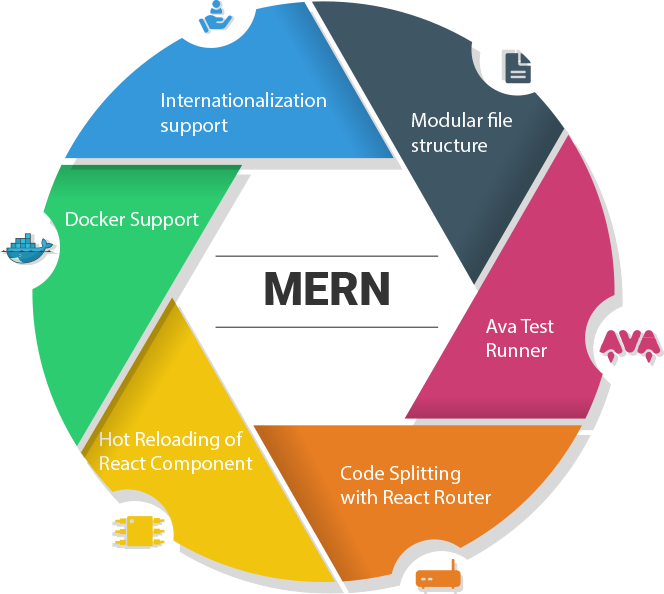
MERN is Answer to Your Full-stack Development Woes
MERN is the full-stack framework if you’re looking to develop modern web applications. Hire MERN Stack Developer for the number of advantages

An Overview of React Technology Stack
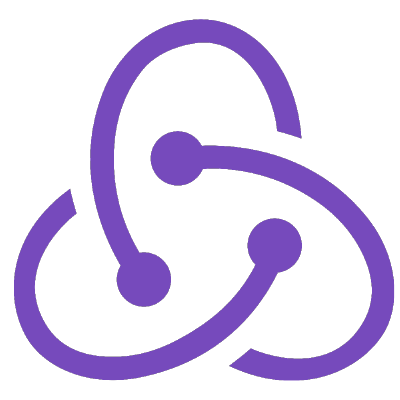
We build complex applications in React + Redux

We depreciate Flux since Redux came along

Mobx is our state manager when developing small application
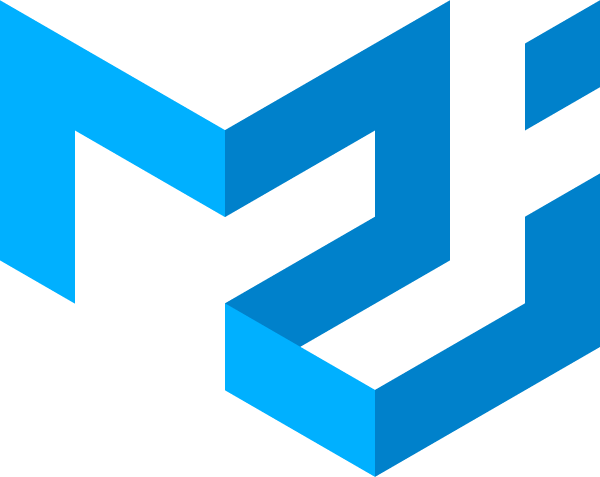
For building UI in material design

To give your application look and feel of Twitter’s Bootstrap
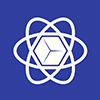
To implement material design and built on CSS, Webpack and ES6

Build application that work on mobile, desktop, and other screens

Efficient rendering of large lists and tabular data
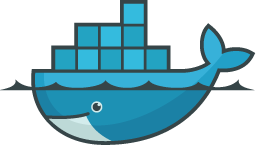

Frequently Asked Questions About MERN Stack Development
No, MERN is a technology stack to build web applications on. MERN is a variant of more popular MEAN stack, which is a long-term replacement for LAMP stack. MERN stack contains React, a frontend JS library, Express.js, a backend development framework, MongoDB, a NoSQL database and Node.js, a runtime environment to execute JavaScript.
Hire MERN Stack Developer
If you’re a developer who writes code in PHP and sends queries to a MySQL server, then you’re working in LAMP stack without being aware. LAMP stack stands for Linux, Apache, MySQL, and PHP, which was the standard web development practice until MEAN stack came. MEAN stands for MongoDB, Express.js, Angular.js, and Node.js. MEAN stack brings all the underlying technologies under the purview of JavaScript, which has many benefits including, lower cost, less resource utilization, faster time to market, isomorphic coding, reusability, easy testability, etc.
MERN Stack Development
No, there are many more variants. However, in addition to MERN, MEVN, which replaces Vue.js with React.js in MERN stack, is the most popular.
MERN Stack Developer | MERN Developer
As I said, LAMP stack was the go-to technology stack before MEAN stack arrived. A major problem with LAMP stack is the lack of full-stack developers as each underlying web technology in LAMP stack is quite different from others unlike MEAN stack where every underlying technology is, more or less, JavaScript. So a single JavaScript developer can handle database, application server, business logic, and the frontend code and term himself a full-stack developer. With so many JavaScript developers around, this term is a getting a vast popularity.
While a web application developed in MERN stack will operate fine in a web browser since a browser can render JavaScript client-side, we recommend our client to go for SSR. The reason is SEO. A major problem is Google crawlers can’t yet render JavaScript. That is the crawler will return a blank page upon crawling a block of JavaScript code. To make React pages comprehensible to Google Crawlers, we need server-side rendering for React.
React is a mere JavaScript library while Angular is a frontend framework. As a result, React is way simpler than Angular. React applications tend to be faster than Angular apps as the former employs virtual DOM rather than actual DOM. Unlike Angular, React separates concerns with loosely coupled units called “components” that contains both logic and markup. React components offer a better set of abstraction to include in UIs than templates in Angular. Also, React has a bigger and richer ecosystem than Angular’s.
React is mere a JavaScript “View” library to build UI components. A developer can extend the core library of React with the use of additional libraries for state management, routing, interaction with an API, etc. For example, they can use Redux for state management, React Router for routing, and Axios for API interaction.
React being a View only JS library may come as a limitation for many but for React developers, this is simplicity at its best because application development in React centers around the React ecosystem, not just the core element, which at the end of the day removes unnecessary complicacies. Technically speaking, developers can expand what core React library can do by means of additional libraries. There are tens of thousands of such libraries are part React Ecosystem and downloadable from npm. There is Redux and Flux for state management, React Router for routing, and Axios to facilitate API interaction, React Material-UI for building UI components in material design, etc.





